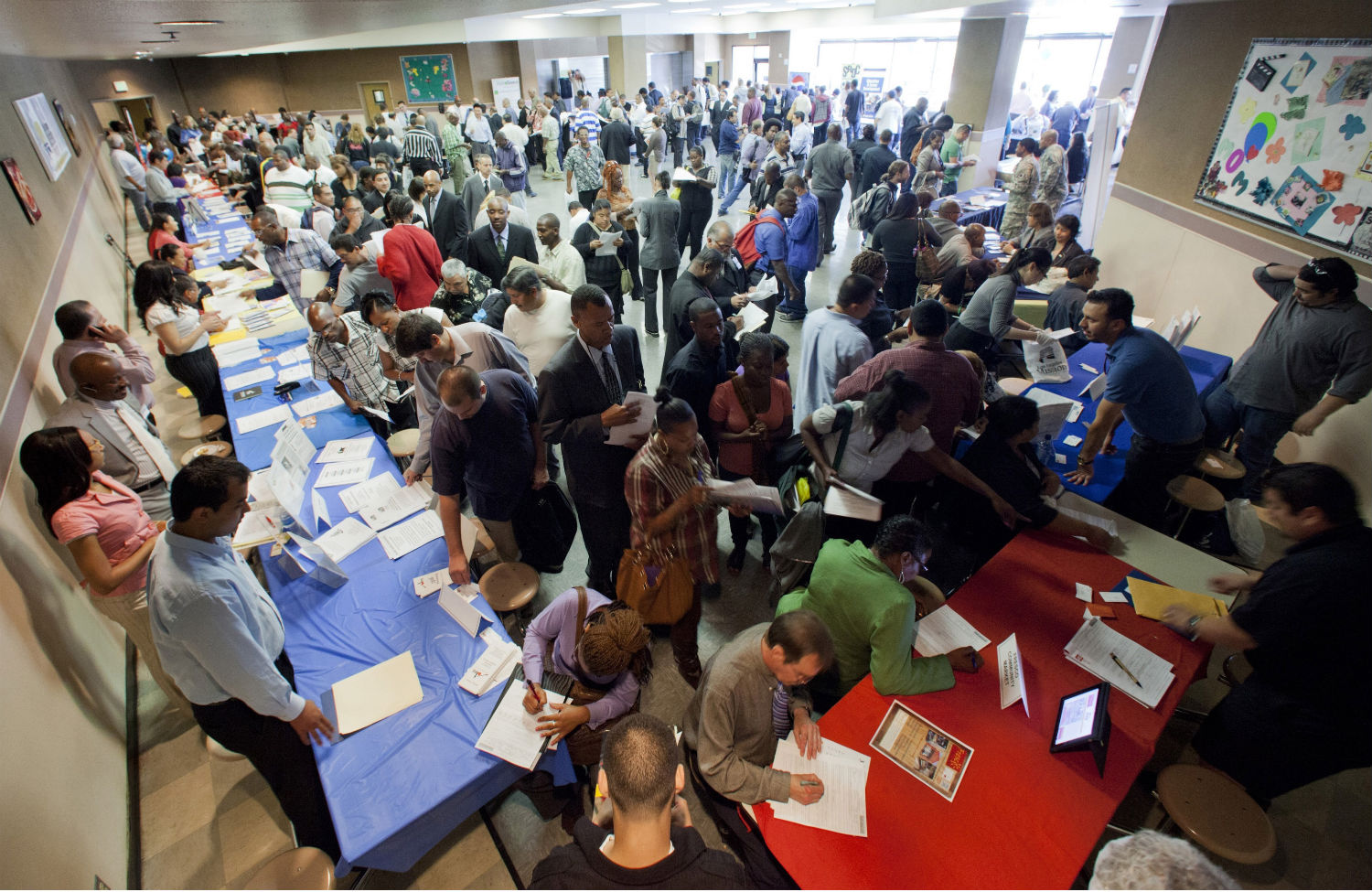
Dickens Was Right: the Real War on Christmas Is the War on the Poor Dickens Was Right: the Real War on Christmas Is the War on the Poor
A Dickensian year when food stamps were cut and bankers got everything they wanted
Dec 24, 2014 / Blog / John Nichols

Two Detroits, Separate and Unequal Two Detroits, Separate and Unequal
The Detroit of wealthy enclaves and private guards looks nothing like the other Detroit, which is becoming more uninhabitable every day.
Nov 17, 2014 / Laura Gottesdiener

Jerusalem’s Palestinian Neighborhoods Are Under Economic Siege Jerusalem’s Palestinian Neighborhoods Are Under Economic Siege
Palestinians in East Jerusalem face not just a wall but a welfare system designed to impoverish and ultimately remove them.
Nov 4, 2014 / Blog / Michelle Chen

A Real Sharing Economy A Real Sharing Economy
One of the overlooked problems driving our country’s jobs crisis isn’t unemployment—it’s just not having enough work. The shadow figure that lurks behind the unemployment rate is underemployment: people who want—and need—full-time work but are only able to find part-time hours, or who have gotten “discouraged” from job-seeking. Including those people, the broad measure of underemployment hovers around 12 percent. These days, people struggle full-time to juggle multiple part-time jobs, even as they suffer from the loss of healthcare and other social protections. They are overworked and underemployed. But it’s not that the underemployed simply want to work more; they also want to earn more. One way to square the lack of work with the need for income is work-sharing, which allows companies to distribute hours so that people work less, while ensuring that there’s still enough work to go around to prevent layoffs. For example, as explained in a new study by the National Employment Law Project, if a factory wants to cut its workforce by the equivalent of five employees, “Under work-sharing, the employer could instead reduce the hours of 25 employees by 20 percent, and those workers would receive a pro-rated [unemployment insurance] payment for their one day per week of unemployment, while maintaining any existing health and retirement benefits.” Cutting back hours typically harms workers, but what makes work-share less painful is that the government subsidizes the balance. About half of the fifty states have implemented some form of work-sharing, but now state lawmakers are approaching a year-end federal deadline to apply for funds. A bill to renew the legislation, the Layoff Prevention Act, is pending. Please support our journalism. Get a digital subscription for just $9.50! The central premise of work-sharing is that the state has a responsibility to support the restructuring of labor to protect workers. This is not a new idea: work-sharing is more widespread in European countries, particularly Belgium, Germany and Italy—and California introduced a statewide work-sharing program in the late 1970s. In the wake of the Great Recession, Washington passed legislation allowing states to use federally approved work-share programs to cope with epidemic levels of long-term joblessness. Politicians try to spin the economic crisis by talking about the need for “shared sacrifice”—code for coddling big business at the expense of workers. Now that Washington is offering a small way to redistribute workers’ time without sacrificing all their income, states have a chance to really put their money where their mouth is. Read Next: Peter Van Buren on the new minimum-wage economy
Oct 22, 2014 / Editorial / Michelle Chen

When the Workday Never Really Ends When the Workday Never Really Ends
Flexible scheduling is creating an on-call nightmare for working people.
Oct 15, 2014 / Blog / Michelle Chen

Scott Walker Thinks $7.25 Is a Living Wage—He’s Wrong Scott Walker Thinks $7.25 Is a Living Wage—He’s Wrong
Wisconsin's governor refuses to act on behalf of low-wage workers.
Oct 14, 2014 / Blog / John Nichols

‘Welfare-to-Work’ Has Failed, So New York City Is Trying Something New ‘Welfare-to-Work’ Has Failed, So New York City Is Trying Something New
Human Resources Administration announces changes to a system long critiqued by advocates.
Oct 8, 2014 / Blog / Michelle Chen

For the Sake of Michael Brown For the Sake of Michael Brown
We believe it is because not nearly enough capable people with resources in this region have heeded our pleas that we have reached this crisis point of complete breakdown. We need ...
Aug 22, 2014 / The St. Louis American Editorial Board

620,000 Military Families Rely on Food Pantries to Meet Basic Needs 620,000 Military Families Rely on Food Pantries to Meet Basic Needs
The stunning figure represents roughly a quarter of households of military members on active duty, the Reserves or the National Guard.
Aug 22, 2014 / Blog / Michelle Chen

How the Gates Foundation’s Investments Are Undermining Its Own Good Works How the Gates Foundation’s Investments Are Undermining Its Own Good Works
Its vast holdings in the fossil fuel and arms industries subvert the foundation’s battle against disease and poverty.
Aug 22, 2014 / Charles Piller
